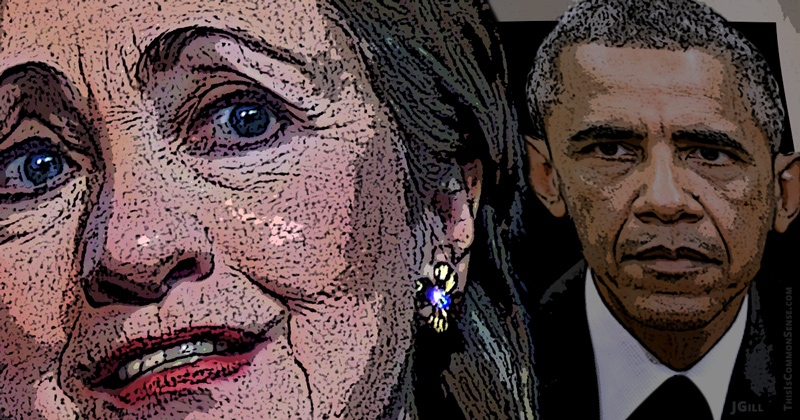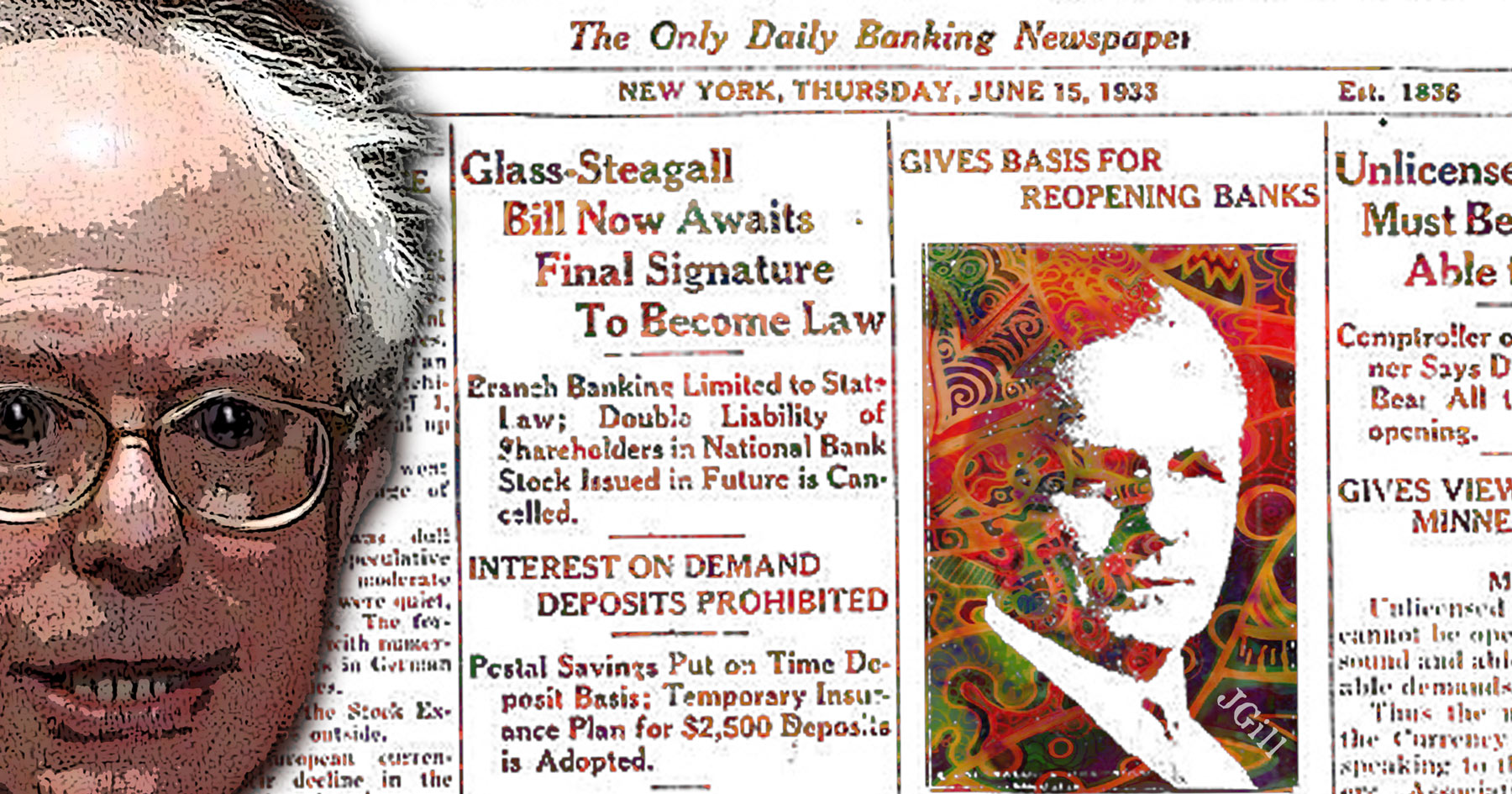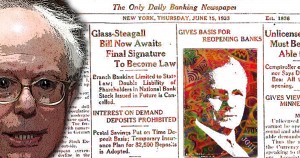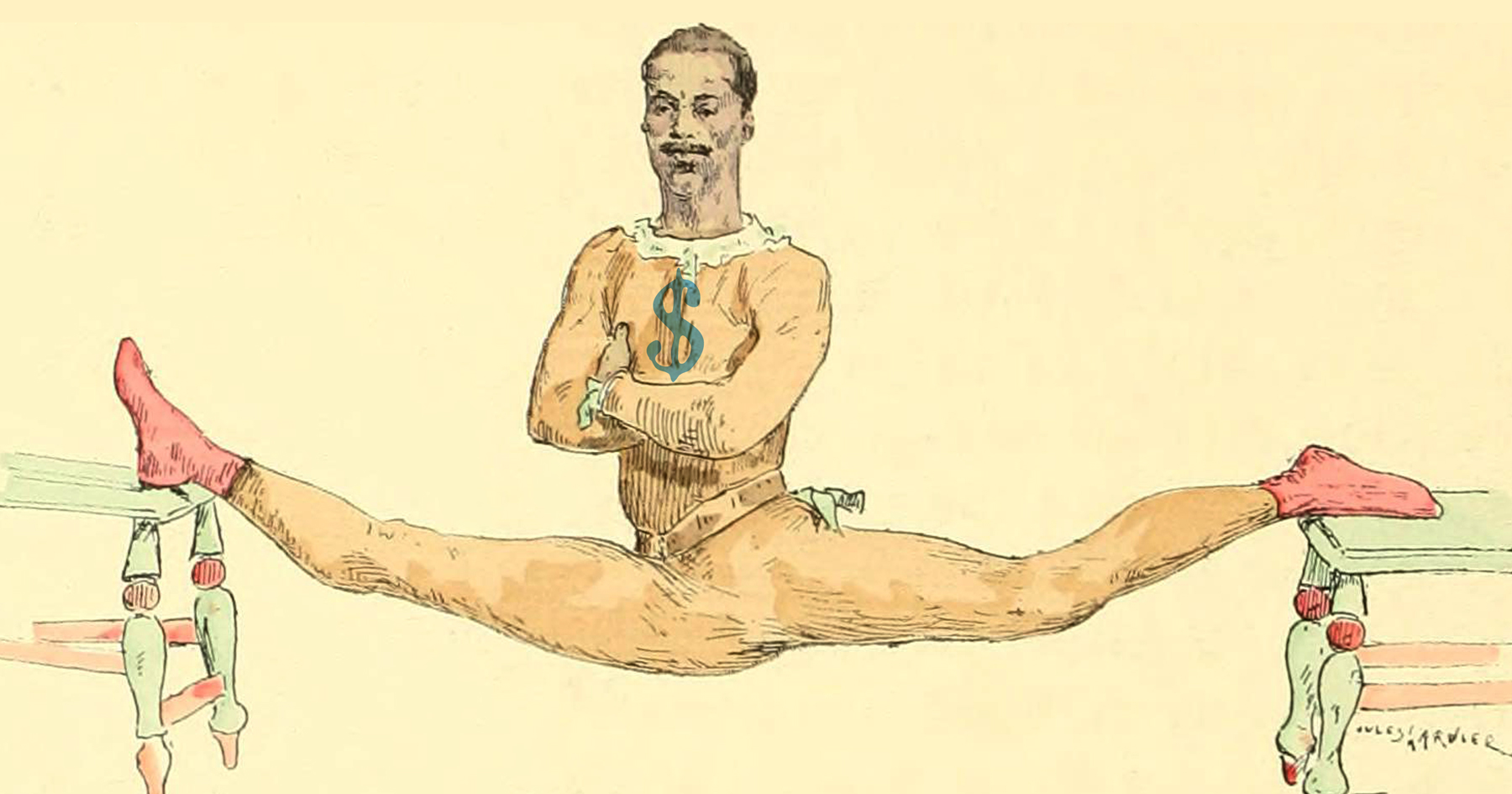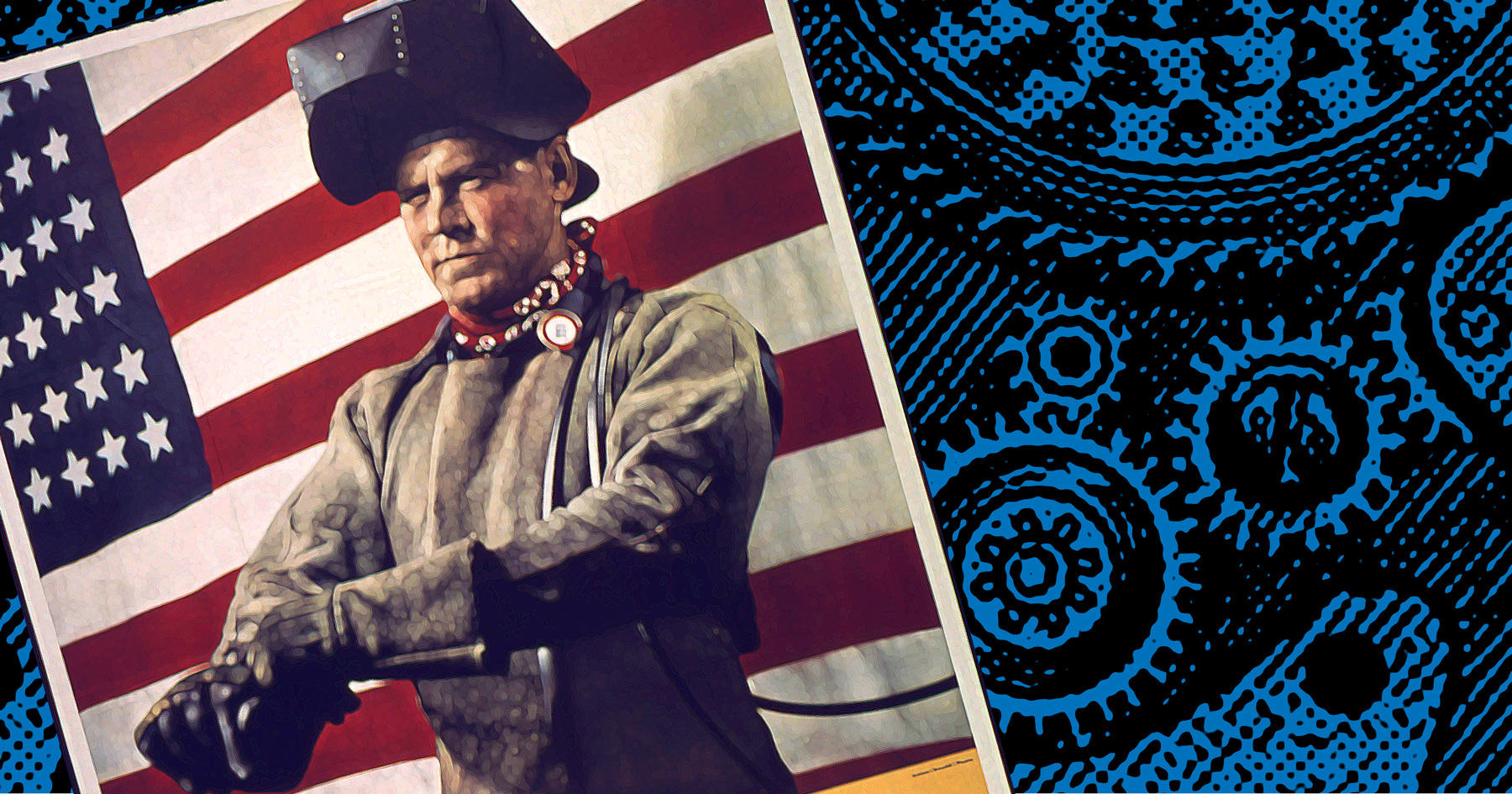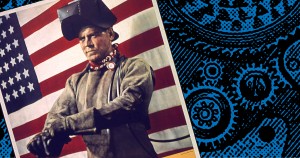“As the lock-downs come to an end,” writes economist Daniel Kian Mc Kiernan, “it will be expected by many — including many not on the political left — that the economy will pick-up at about where it was before the lock-downs.”
Mc Kiernan thinks a popular misconception will get in the way.
Those who see the economy as “a kernel of processes that take inputs and produce outputs based upon purely technologic considerations” will let this techocratic model cloud their thinking. Viewing this “kernel” as producing not only “everything necessary to maintain itself” but also, and more importantly, a surplus that they treat as a zero sum affair — requiring the State to redistribute — they will regard the re-start as if a mere flipping on of a switch.
But the economy is not something to be un-plugged and plugged back in, and the lock-down super-quarantine was not a mere interruption of service. It was a huge blow that will demand uncountable adjustments. Those quite necessary adjustments may seem random, even wild, and because of this those on the “political left” will, Mc Kiernan predicts, do what they always do: “diagnose the failure to restore the economy quickly as ‘a failure of capitalism.’”
In other words, the bully knocks the victim down, stomps on him, and then taunts him for not getting up right away.
Still worse: those taunts will become excuses for more kicking and stomping. And the flailing economy will be seen as all the more justification for more of the bully-boy Big Government policies that caused the “failure.”
This is Common Sense. I’m Paul Jacob.

See all recent commentary
(simplified and organized)
See recent popular posts






